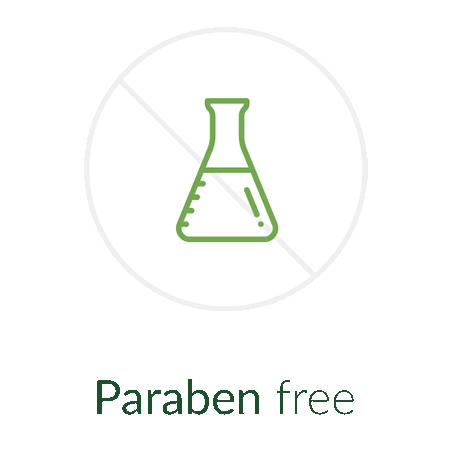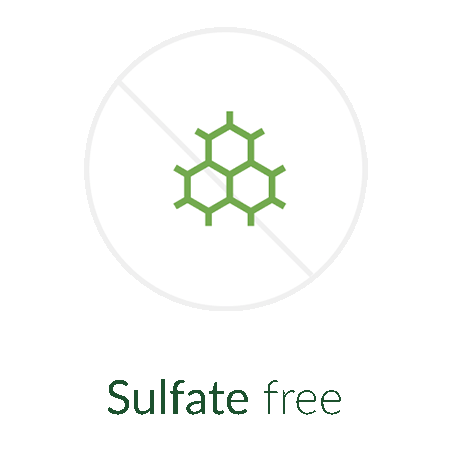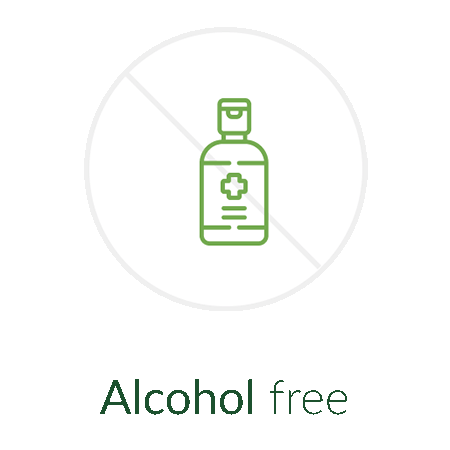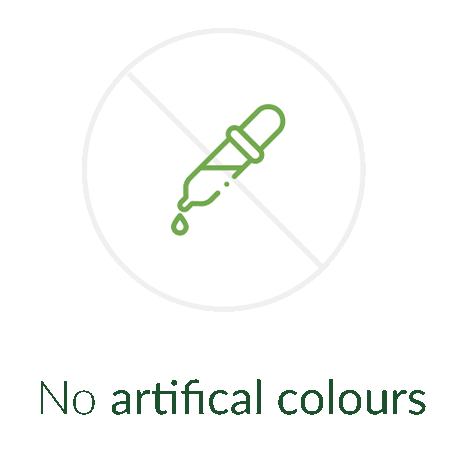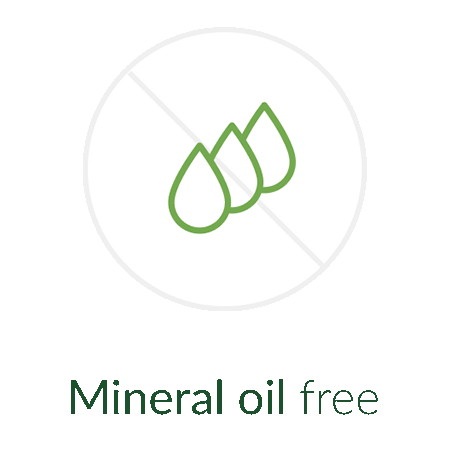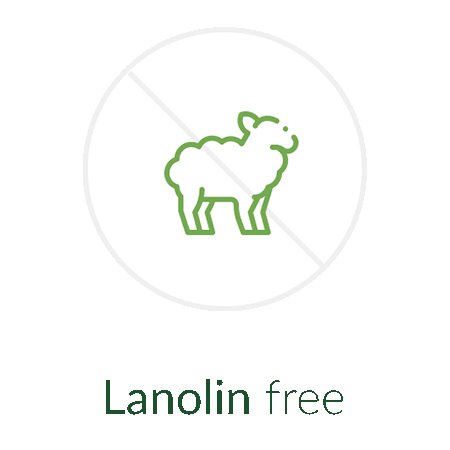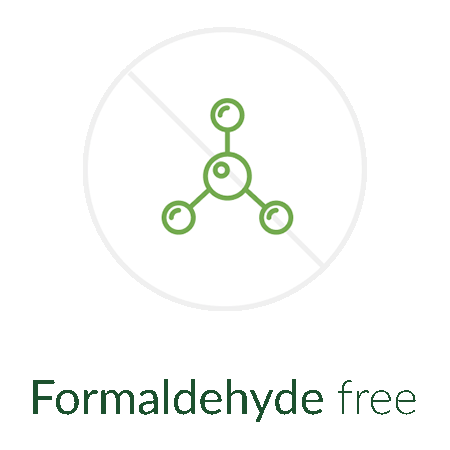
We’ve all heard of Free-Radicals but what are they? It sounds like some kind of protest group. We know that free-radicals aren’t a good thing, we know we don’t want them, but how do they affect us?
Free Radicals are single atoms and they are everywhere – in the air, in our bodies and in the materials surrounding us. External factors such as pollution, sunlight, pesticides, alcohol and cigarette smoke can trigger the production of new free radicals. This is when a molecule splits into single atoms with unpaired electrons. They cause deterioration in all sorts of things, including fading paint and fabrics, but cause considerable damage within the human body.
As Free Radicals are missing an electron, they need to find another one from a healthy cell so they are stable and balanced. This causes the healthy cell to, itself, become a free-radical and it must find another one for its own balance. This process can go on and on, where healthy, balanced cells become unbalanced and cause oxidative damage to other cells and tissues. It is a disturbing domino effect.
So, what can we do to stop this from happening? For the skin, we should protect it from the sun and pollution to avoid producing free-radicals in the first place. Use a sunscreen with SPF (to defend against UVB rays) and UVA protection every day and throughout the year. Cleanse your skin twice daily to remove free-radicals and use products that include antioxidants to neutralise them and stop them from attacking your skin.
Now we know that free-radicals need a spare electron to stabilise them. Instead of having to steal an electron from a neighbouring healthy cell, we can help them. This is where antioxidants come into play.
Antioxidants are stable cells that can give up an electron to the free-radicals. They are produced naturally by the body, but we can provide a boost through diet and skincare, by choosing ingredients high in antioxidants. These are essential in preventing cell damage which can lead to disease and causes premature ageing.
Antioxidants improve cell function, increase collagen production, improve elasticity in the skin and reduce sun damage. Ideally, we will both consume antioxidants through a healthy, balanced diet and also apply them to our skin. Check out our Feed Your Beauty blogs where we cover a number of ingredients that are high in antioxidants.
It is recommended to have a wide variety of different foods within our diets. Choose unprocessed foods wherever possible and include a range of colours in your fruit and vegetable selection. Ingredients high in antioxidants include dark chocolate, pecans, blueberries, strawberries, artichokes, goji berries, raspberries, kale, red cabbages, beans, beetroot and spinach.
Some of the food items with a dual purpose (both food and used in skincare) include; green tea, oranges, carrots, cactus, coffee, papaya, caviar, lemons, coconut, strawberry, lentils, ginseng, almonds, pomegranate, green leafy vegetables and vanilla.
In addition to protecting your skin with a good home-care routine and avoiding pollution and sun damage, you could consider specialist facial treatments. Pevonia’s Anti-Free Radicals Mask Treatment combats dry and dehydrated skin, infusing the skin with vitamins A, E and D, to help fight the free radicals that cause premature ageing. Once applied to the face, this bi-thermal mask first warms, to promote vitamin absorbency, then cools to seal in hydrating benefits, firm and refine the skin.

